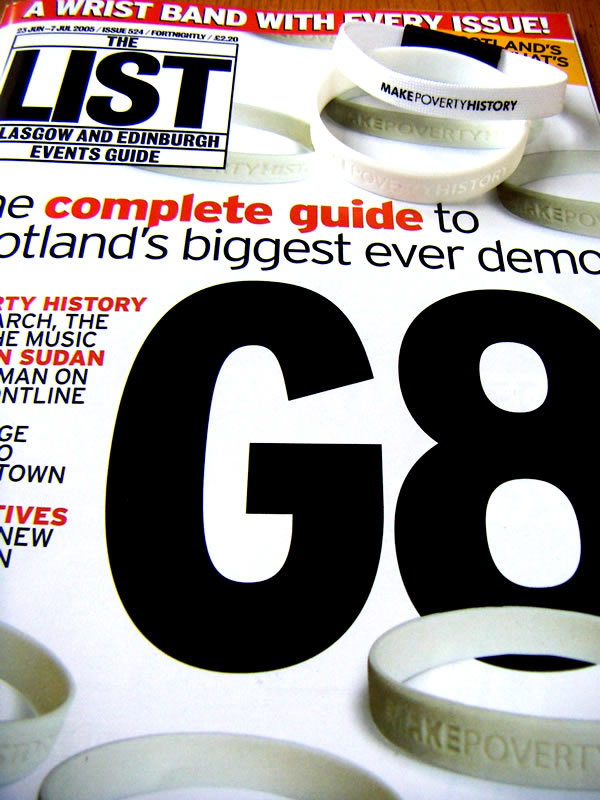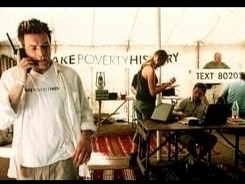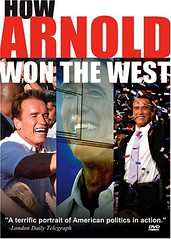Live8, g8, Geldof, Bono, and Others

It seems important to blog something about the Live8, G8, Bob Geldof activities. I read this in one of Mick Hume's columns in Sp!ked OnLine, which captures the tensions well i think:
"No doubt the pop stars and other celebrities involved in Live 8 and the Long Walk to Justice campaign see themselves as radical troublemakers, holding the politicians' feet to the flames. Yet in a sense they are more like unwitting stooges of the political class, helping to give the politicians more credibility in getting their message across. That is why government ministers and politicians of all parties have been falling over themselves to express support for Live 8. It is why chancellor Brown, not a man one would ever associate with street activism, has called on people to support the mass demonstration in Edinburgh planned to coincide with July's G8 summit of world leaders in Scotland. It is worth recalling that the Commission for Africa, which issued a highly critical report on the international community's attitude to Africa and is now commonly referred to as 'Bob Geldof's Commission', was actually set up by Blair to perform that role." (link to article)
With the G8 protests just around the corner, I doubt this will be the only entry on this subject. We still don't know how easy it will be to get to Edinbrugh on Saturday, though it seems likely that getting to Gleneagles will either be impossible or pointless. There also seems to be considerable confusion about what is happening on each day. The 'Geldof' day of the 6th is unrelated to the 'Make Poverty History' day of the 2nd.
It can be quite difficult to discern how 'important' Live8 and the G8 is for the rest of the world. We have spoken with people in Spain and the USA who have certainly not heard much about 'Make Poverty History' campaign. Over the last few weeks, the multiplex cinemas have been screening a new Orange advert featuring Ewan McGregor and the MPH work. The format is consistent with the recent Orange cinema adverts, where the celebrity makes their film pitch to the Orange funding committee.




